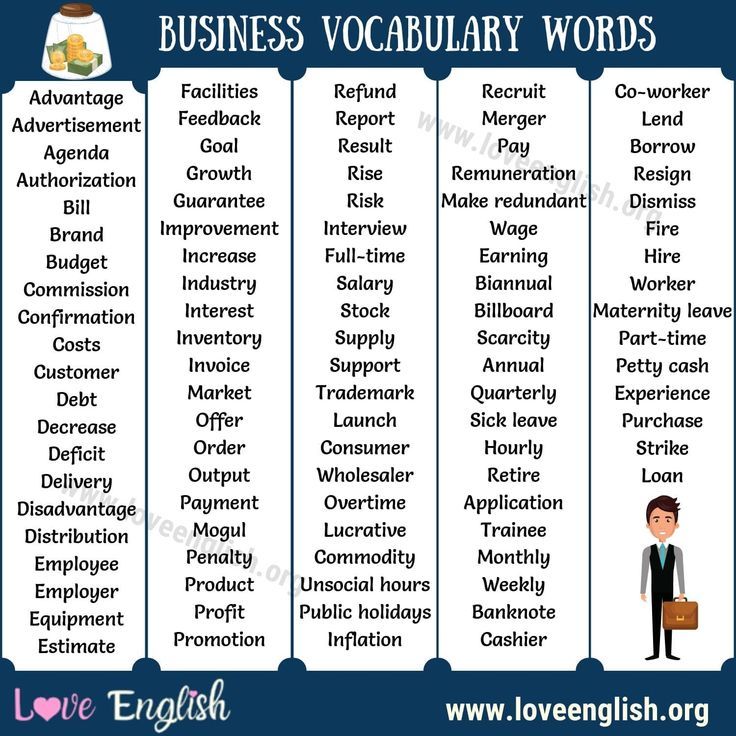Vocabulary word bank: N.C.372 Word Bank — Vocabulary List
Posted onBanking — Vocabulary List | Vocabulary.com
Learn words with Flashcards and other activities
Other learning activities
PracticeAnswer a few questions on each word. Use this to prep for your next quiz!
Vocabulary JamCompete with other teams in real-time to see who answers the most questions correctly!
Spelling BeeTest your spelling acumen. Read the definition, listen to the word and try spelling it!
Teaching tools
QuizCreate and assign quizzes to your students to test their vocabulary.
Assign activitiesAssign learning activities including Practice, Vocabulary Jams and Spelling Bees to your students, and monitor their progress in real-time.
-
accounta record or narrative description of past events
-
balanceharmonious arrangement or relation of parts within a whole
-
bankfinancial institution that accepts deposits and lends money
-
brancha division of a stem arising from the main stem of a plant
-
checkexamine to determine accuracy or quality
-
collateralaccompanying; following as a consequence
-
commissionthe act of granting authority to undertake certain functions
-
creditan estimate of ability to fulfill financial commitments
-
credit carda card (usually plastic) that assures a seller that the person using it has a satisfactory credit rating and that the issuer will see to it that the seller receives payment for the merchandise delivered
-
defaultan option that is selected automatically
-
depositthe act of putting something somewhere
-
interesta sense of concern with and curiosity about something
-
loanthe temporary provision of money (usually at interest)
-
payeea person to whom money is paid
-
standing ordera rule of order permanently in force
-
statementthe act of affirming or asserting something
-
transactionconducting business within or between groups
checkbook
a book issued to holders of checking accounts
debit
an accounting entry acknowledging sums that are owing
overdraft
a draft in excess of the credit balance
withdraw
pull back or move away or backward
Created on November 13, 2008
40 English Words for the Bank — EZ Online English
Vocabulary
Written By Sahara
Bank
(noun) — a financial company that provides investments and loan services
I am going to the bank this afternoon.
Branch
(noun) — a smaller separate office that is a part of a larger company
The closest branch is 4 miles away.
Teller
(noun) — the employee that deals with customers’ transactions in a bank
The teller said my balance was low.
Banker
(noun) — the employee that either owns the bank or specializes in giving loans
The banker’s office is down the hall to the left.
Security Guard
(noun) — the employee that provides protection against intruders and thieves
The security guard is standing in the lobby of the bank.
ATM (Automatic Teller Machine)
(noun) — a machine that dispenses money
There is an ATM outside of the shop.
Cash
(noun) — money in coins or paper notes
We accept cash only.
Change
(noun) — money owed back to a customer after paying a balance or specifically metal coins as opposed to paper currency
The cashier hasn’t given me my change yet.
Coin
(noun) — a flat round piece of metal used for money
She likes to collect rare coins as a hobby.
Dollar Bill
(noun) — the official name for the paper currency of the United States
He likes to keep a few dollar bills in his wallet for the vending machine.
Checking Account
(noun) — the virtual account where checks or money can be drawn and deposited
They put money into my checking account every month.
Savings Account
(noun) — the virtual account where money is stored and saved
I usually keep $1000 in my savings account at all times.
Account Balance
(noun) — the amount of money available to withdrawal from an account
You can check your account balance on your banking app.
Account Number
(noun) — the official number used to identify your account at the bank
Do not share your account number with anyone.
PIN (Personal Identification Number)
(noun) — the 4-digit number a password to access your account
Just key your PIN into the machine please.
Direct Deposit
(noun) — an electronic payment directly from the payer to the recipient’s account
My work pays me through direct deposit every two weeks.
Check
(noun) — a written order to a bank to pay an amount from someone’s account
Please write the check out to our business’s name.
Signature
(noun) — the handwritten name of a person used for authorizing identity
We need your signature at the bottom of this form.
Deposit
(verb) — to put money into an account
She deposited $100 into our joint account.
Withdrawal
(verb) — to take money out of an account
I would like to make a withdrawal please.
Overdraft
(noun) — a deficit in an account caused by drawing too much money
I try to avoid overdraft fees.
Transfer
(verb) — to move money from one account to another
I transfer money into my savings account every Friday.
View this post on Instagram
A post shared by EZ Online English (@ezonlineenglish) on
Receipt
(noun) — a piece of paper given to a customer to represent a transaction
Would you like a receipt?
Statement
(noun) — a document that shows the transactions between a bank and a customer
I get my statement sent to my email every month.
Online Banking
(noun) — a method where transactions and transfers are done via the Internet
I prefer online banking rather than going to the branch.
Credit Card
(noun) — a card used for purchasing with borrowed funds
She has a $5,000 limit on her credit card.
Debit Card
(noun) — a card used for transactions from a checking account
She lost her debit card somewhere in the house.
Chip
(noun) the electronic microchip on a debit or credit card
The chip is not working on my card.
Insert
(verb) — to place or fit something into another thing with care
Please insert your chip into the machine.
Swipe
(verb) — to pass or slide a card through a machine for payment or accessing accounts
If your chip is not working, try swiping your card.
Interest
(noun) — money paid regularly at a particular rate for the use of borrowed money
I qualified for a low interest rate.
Borrow
(verb) — to use money from a person or bank under the agreement to pay it back later
He had to borrow money to pay his rent this month.
Loan
(noun or verb) — money that is borrowed and expected to be paid back with interest or to let someone borrow someone money or property
She has to get a loan to pay for the damages to her car.
Mortgage
(noun) — a legal agreement that allows someone to borrow money to purchase property
Their monthly mortgage payments are less than my rent.
Rich
(adjective) — having a large amount of money or assets
Her family is rich.
Poor
(adjective) — having little or no money or assets
He is too poor to afford a telephone.
Wealth
(noun) — the state of being rich or abundant
She has been able to accumulate wealth by buying and selling properties.
Budget
(noun) — an estimate of income and expenses for a set period of time
Their monthly budget is $3,500.
Vault
(noun) — a secure room used to store money or important items
There is a vault in the basement of the bank.
Safety Deposit Box
(noun) — a small safe that can be rented to store important items at a bank
She keeps important documents in her safety deposit box.
bankvocabulary
Sahara
Vocabulary for passing the exam in English
To get good results in the exam in English, it is not necessary to know all the words that exist in the English language.
In this post, I will share with you my thoughts on the role of vocabulary in passing the exam in English, tell you what words you need to know and share some useful tips 🙂
Content of the article:
- expand
- Lexical minimum for passing the exam successfully
- How to memorize words and use them in the exam
What is vocabulary and how to expand it
Any language consists of words.
There are state standards that prescribe the requirements for graduates who intend to take the exam in English. A graduate of a complete secondary school must actively use at least 1400 lexical units, which is the minimum.
Vocabulary, by its very nature, consists of various words to be learned. How to learn new words?
In the context of preparing for the USE in English, I can single out two ways to expand vocabulary. nine0003
The first way is to study words by groups that are in the codifier. These can be words from the group “My family and friends”, “School life and education”, “Our health and lifestyle”.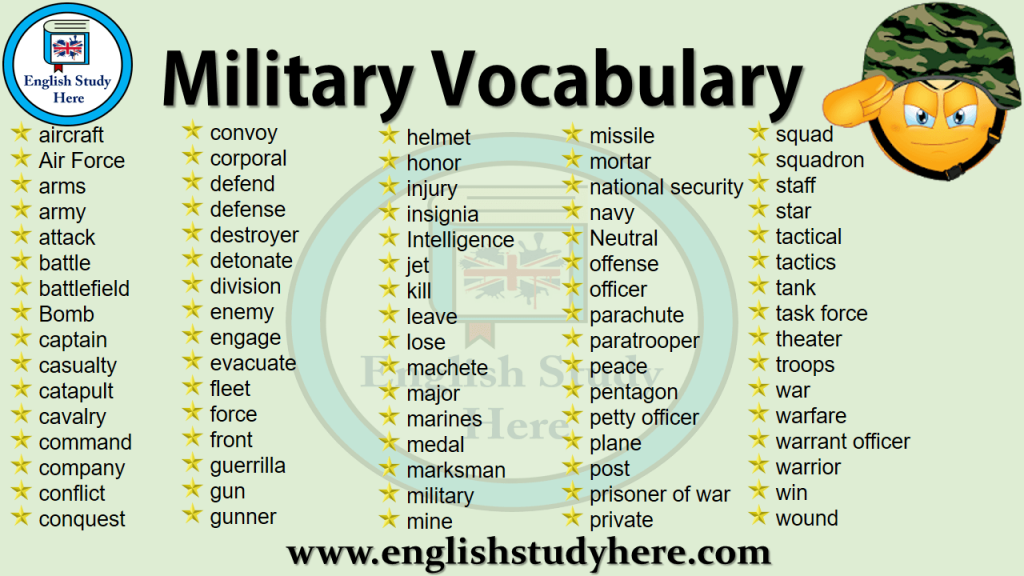
The second way is to study vocabulary by parts of speech. For example, first master a number of verbs, since verbs are the most common words in the language. Then study nouns. However, this method can be extended at the middle stage of training. For example, start learning synonyms for the most common verbs, nouns, and adjectives. nine0003
Also, I would like to recommend Pavel Litvinov’s memorization techniques. It helps a lot, I was also interested in learning his techniques. The dictionary was created according to the original method of accelerated memorization of English words. The methodology is based on logical coding — the division of words within parts of speech into groups, united by a common concept or association, and assigning them names-codes. This makes it easy to remember the right word, quickly «scrolling» the entire dictionary in memory. I recommend his book to everyone. nine0003
Another interesting strategy that illustrates the work of the linguistic principle of learning vocabulary is the strategy of learning words by their compatibility with each other.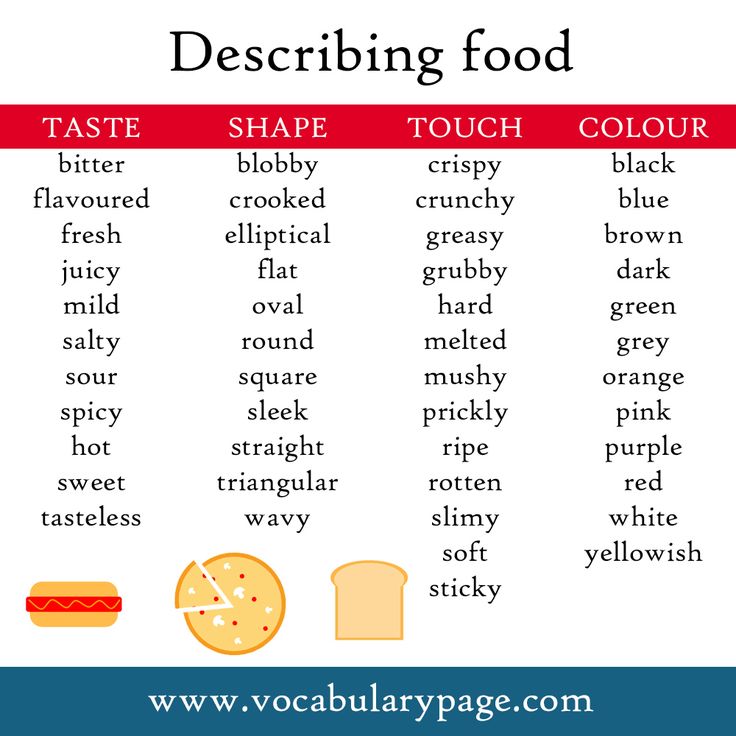
Exams often test knowledge of word formation in English. So, on the exam, even a separate block of tasks dedicated to word formation. There is a word formation table from Cambridge — Cambridge word formation table. As you may have guessed, there is a whole strategy for learning vocabulary through word-building value.
However, you may notice that some words in the language occur more often than others. Therefore, the principle of studying vocabulary by the frequency of use of lexical units in speech appeared. That is, there is a certain lexical minimum that covers all topics little by little and all parts of speech. And from these topics, the most frequently used ones are selected.
Lexical minimum for successful passing the exam
So, your attention is presented to your attention a fragment of the lexical minimum according to the principle of the frequency of use of words in English. You will see that the words in this collection are presented alphabetically, and are not united by just one or more topics. This selection is recommended for study by the leading linguists of the country and will be useful to you in preparing for the exam in English.
Download lexical minimum for USE
Friends, you should type this lexical minimum for the exam, read them, listen to the pronunciation in online dictionaries, if any words are new and unknown.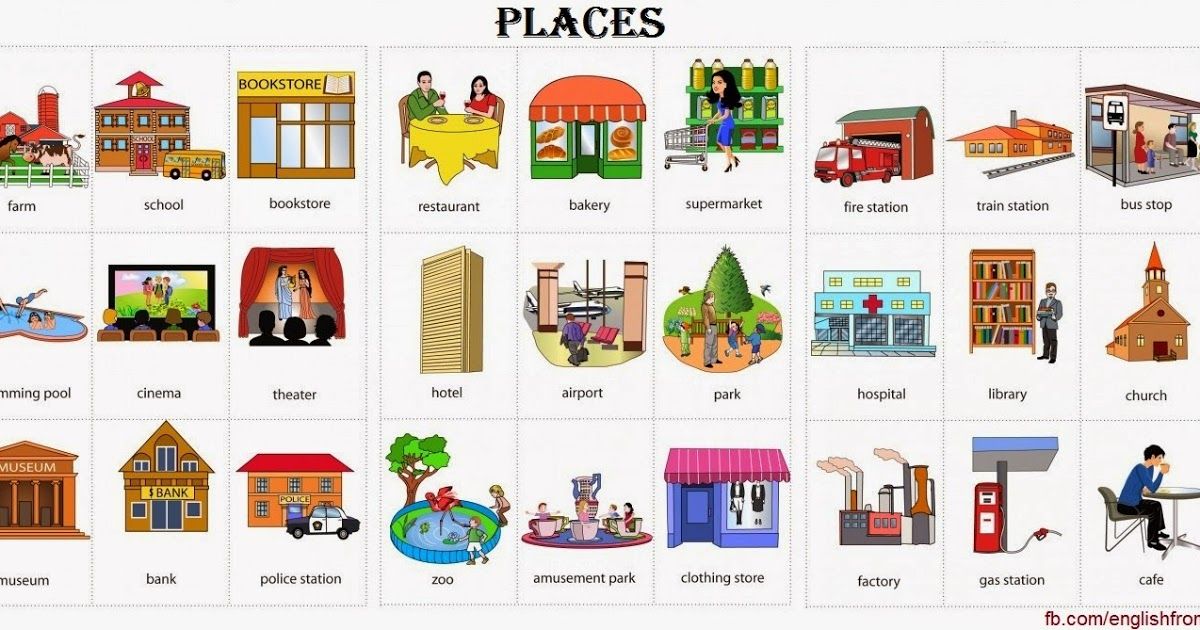
How to memorize words and use them in the exam
Words should be spoken every day and tested.
It is also important to take into account that during the exam in English, knowledge of phrasal verbs and collocations, that is, set expressions, is checked. And this is in addition to the lexical minimum from various parts of speech. You can get acquainted with the phrasal verbs that are needed to pass the exam in the article.
In my lessons, I give students assignments to make sentences with words from this lexical minimum that were unknown to them. nine0003
So, take a look at the list of words beginning with the letter A, and try to translate the sentences that I wrote at the right time using the words from the list.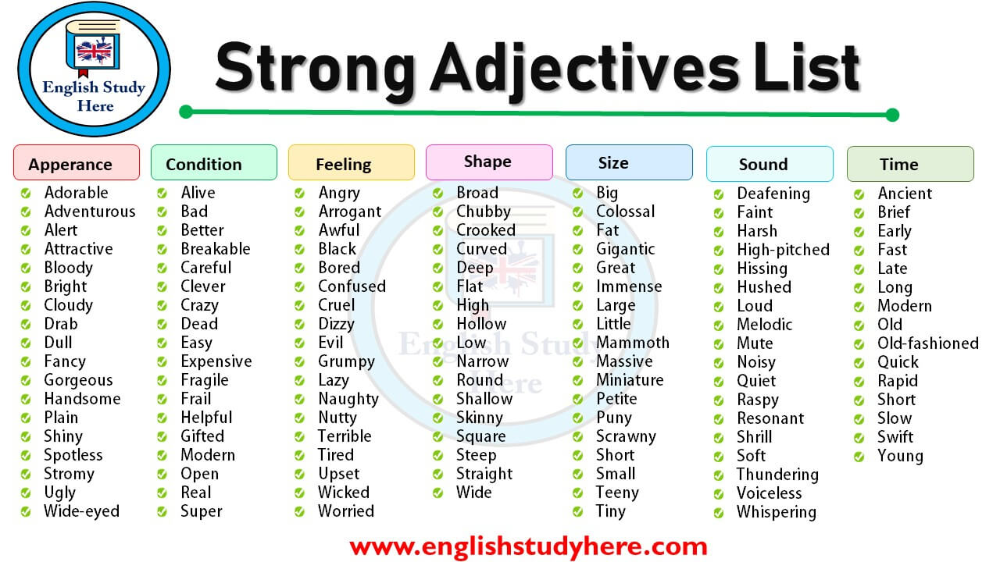
For convenience, the words that were in the lexical minimum list are given as a hint. Then, when you translate these sentences, they will help you remember the words, as they will give you a specific context, lexical and grammatical environment for the word.
- Today, almost every person has the ability to travel. nine0010
- John has many achievements at work and is very hardworking.
- Every weekend I meet my friend at the store by chance (accidentally).
- Linda travels across the country once every 5 years.
- Kate stayed at a hotel abroad today.
- Are you admiring nature or just looking out the window?
- We accept your agreement to cooperate with us.
- What advice would you give me in this difficult situation? nine0010
- Actually/in fact (actually) he is waiting for you with flowers under the house.
- What advantages does your firm have?
- According to the book, he dies at the end, but remains alive in the film.
- The affect of foreign languages is increasing nowadays.
- I’m walking down the street now and I see an accident. (accident)
- She is trying to book accommodation (accommodation) abroad (abroad) today.
- Does he have an account at the bank? nine0010
Now look at the list of words that start with the letter B and pay attention to the following examples of sentences using a word from the lexical minimum:
- I am your best friend. I will always support you. (back smb up).
- You just broke the back of your chair. (back)
- She’s so careless. She put this sweater on backwards. (backwards)
- I was sleeping when I suddenly heard a loud knock on the door. (loud bang)
- Basically/generally she hasn’t learned anything and is not ready for the exam. (basically)
- My phone is dying, I need to charge the battery (battery.)
- I can’t stand the heat. (bear)
- It’s always great to take a bath after a hard day.
(bath)
- She was a very beautiful woman when she was young. (beautiful)
- My daughter usually behaves well at a party. (to behave)
- Where are you standing? — I’m standing behind you. (behind)
- Do you believe in God? (believe)
- Who owns this umbrella? (belong)
- A cat is sitting under the table. (below/under the table)
- You need to bend your knees when skiing. (bend)
And finally, look at the words starting with the letter C from the lexical minimum and try to practice translating the following sentences:
- Sarah, someone is calling you. Answer the call! (call)
- Come visit us when you have time. (call at)
- The director is currently busy, but he will call you back. (call back)
- Nastya got sick and canceled the class. (call off)
- Stas shouted from his seat and disturbed everyone. (call out)
- He’s got a fever! Call a doctor! (call up for smb)
- He’s so calm! Incredible! (behave calmly)
- Put on the baseball cap I gave you! (cap)
- Washington is the capital of America.
(capital)
- I love you and want to take care of your children. (care for/about)
- Wear a warm jacket. It’s very cold now. Take care! (take care)
- Lena didn’t want to learn new words and therefore couldn’t speak English. (did not care to)
- Your oily skin needs special care. (care)
- Be careful! The vase is about to fall! (careful)
You can also download a selection of author’s sentences for translation into letters A, B, C here:
Sample sentences for translation
Advice from me. If you are studying with a teacher, then the teacher should pronounce new words, then place them in a contextual environment, this is mandatory. After all, without context it is very difficult to remember words. To do this, I came up with examples of sentences that you can translate and practice and repeat vocabulary and grammar at the same time. If you do it yourself, then check the pronunciation of words in online dictionaries for free.
Having practiced and consolidated vocabulary, you will not experience difficulties in listening, as it will become easier for you to understand native speakers, and you will also be able to express your thoughts without problems during speaking in the oral part of the exam and in writing. Good luck!
7 effective ways to memorize words in English
When learning a foreign language, it is very important to constantly replenish your vocabulary — to learn new and new words. However, not everyone succeeds in doing this. We offer eleven tips to help you remember new words in English more effectively. nine0003
You can start with a video from Tanya Starikova in which she shares how she manages to learn English words: thoughts. Therefore, each word is valuable not in itself, but in the context.
Don’t learn English words in a vacuum. If you come across an unfamiliar word and decide to remember it, write down the context in which it was used.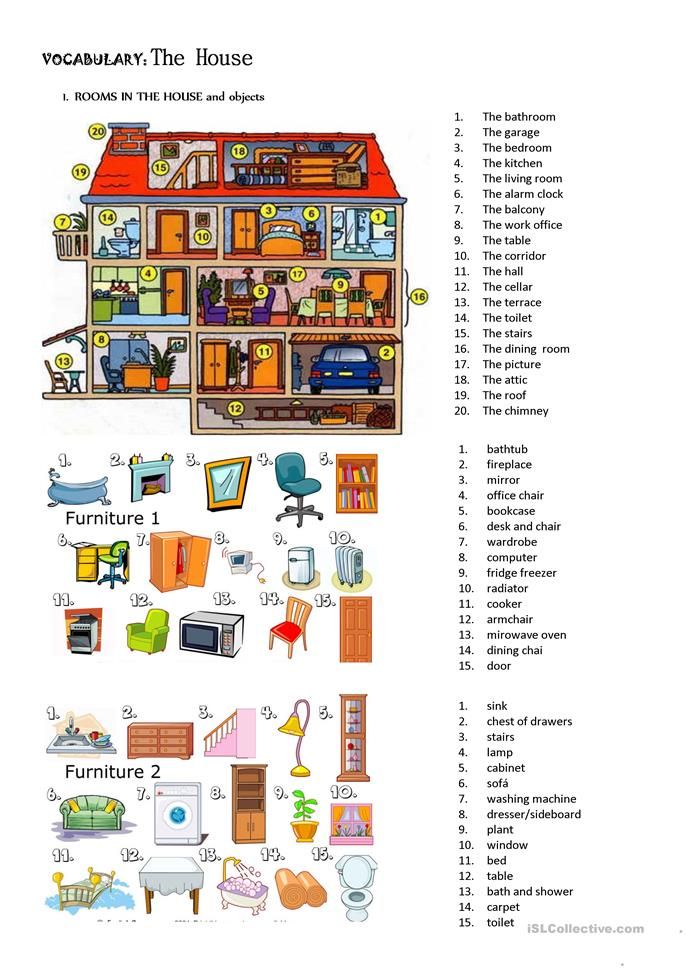
You can find ready-made examples of the use of the English word you are interested in in online services such as Reverso, PlayPhrase or Yandex.Translate. Also, practice making sentences with new words on your own. For example, you need to remember the verb to prefer (prefer). Make up some examples that will reveal the meaning of this verb. nine0003
|
Would you prefer wine or beer? |
Do you prefer wine or beer? |
|
I prefer to be called by my first name. |
I prefer to be called by my first name. |
|
My grandmother prefers detectives to any other TV shows. |
nine0172 My grandmother prefers detectives to any other series. |
Demo lesson for free and without registration!
Take a lesson, learn about the school and get a promotional code for English classes
Use pictures
Draw small pictures to remember the meaning of an English word. It’s not scary if you can’t draw: our brain receives so much monotonous information that a strange picture is a kind of surprise, and we always remember surprises. nine0003
If you don’t feel like drawing on your own, choose a ready-made illustration for a new word in Google. It is better if the image is bright, strange or funny — this way it will be remembered more reliably.
You can collect word + image pairs in electronic form, but better — in the form of paper cards.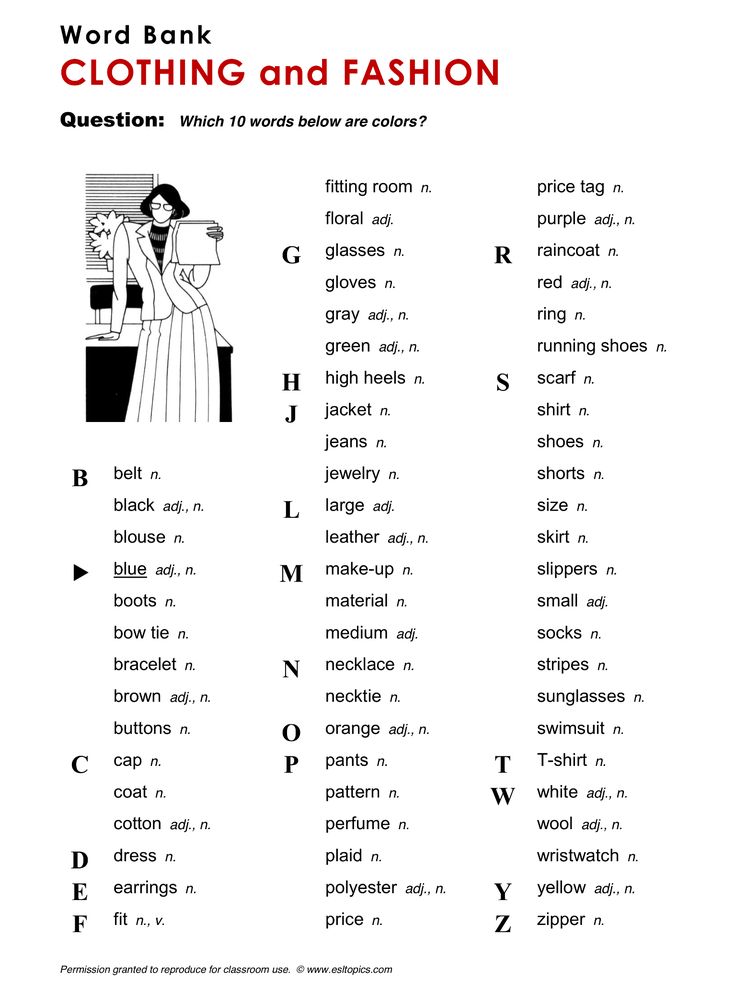
Look up synonyms and antonyms
If you already have a basic vocabulary, practice finding synonyms and antonyms for new English words. This will not only help them learn, but also come in handy in communication: if you do forget a word, you can easily find a replacement for it. nine0003
For example, you need to learn the word irreverent and you already know the word disrespectful with the same meaning. It remains to pick up antonyms: «respectful» — «respectful» and «polite» — «polite». In conjunction with synonyms and antonyms, a new English word will be easier to remember.
Memorize single-root words
Let’s take the English root -respect- , which we have already considered in the previous example.
|
respectful |
respectful |
|
to respect |
respect |
|
respectable |
solid, respectable |
|
disrespect |
disrespect |
|
in respect |
vs. |
Thus, instead of one word, you learned several at once, and their meanings are interconnected, which will help to learn them.
Make up stories
To learn several unrelated words at once, combine them into a story. Memorizing a short story is easier than a bunch of random words because the story has a plot and can be recreated in the imagination. nine0003
Let’s fantasize and make up a story with five random English words:
|
pond |
pond |
|
coat |
coat |
|
loaf |
loaf |
|
to approach |
approach |
|
fireplace |
fireplace |
From these words we got the following story:
|
A boy walked to the pond . |
A boy came up to the pond. He was wearing a gray coat and hat. The boy was carrying a loaf of bread. He was going to feed the ducks. But when he approached the pond, he did not see a single duck there. “It’s cold today,” the boy thought, “the ducks are probably at home, warming their paws by the fireplace. |
It’s not scary if the story comes out strange or even absurd, because the unusual is remembered better.
Make associative networks
Our brain takes what we read and transforms it into images, ideas and feelings, and then forms connections between new information and what we already know. This is how memorization happens — the new unites with the old. When you pair a new English word with something you already know, it’s easier for your brain to find it and remember it at the right moment. nine0003
Draw a network of concepts. Take what you want to remember (word, idea, sentence) and write it in the center of the paper. Then draw lines from it in all directions, like a web.
At the end of each line, write down any English words or pictures that come to mind when you think of the word in the center. It doesn’t matter what the associations are, just write down whatever you come up with.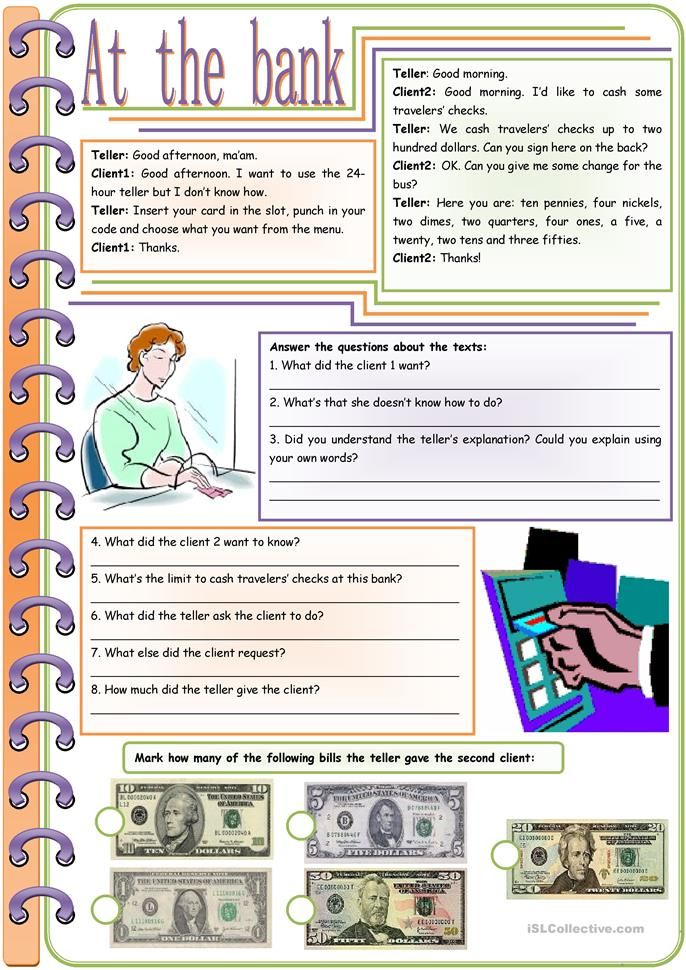
It will only take a couple of minutes, and now all the words or concepts will be interconnected in your brain. If you see or hear one of them, it will be easier for you to remember the others. nine0003
Use mnemonic tricks
Sometimes you can’t remember a new English word, and none of the above methods helps. Then mnemonics will come to the rescue — a way of remembering through associations.
Let’s say you have trouble learning the English word « eagle » («eagle»). You can use a mnemonic hint with a consonant Russian word: «Eagle’s claws are ten needles «.
To remember word tire (tire), you can mentally associate it with the consonant English word tired (tired): “Dad is tired, he’s been pumping up the tires” (“Dad is tired because he pumped up tires”).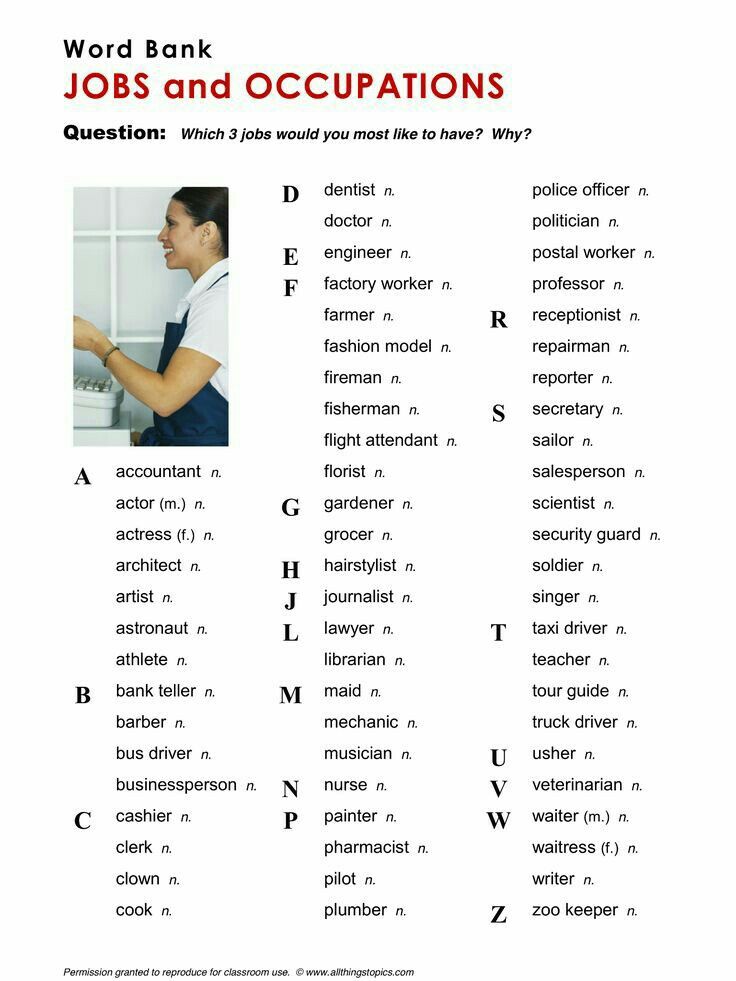
You shouldn’t get carried away with this method, but it helps a lot to learn tricky words that you can’t remember otherwise.
Parse word by composition
Before looking up the translation of an English word in the dictionary, try to parse it by composition and determine the meaning yourself. For example, you came across the verb to mistreat . You don’t know what it means, but you know the verb to treat — «treat, treat.» It remains to find out the meaning of the prefix mis- . You may have encountered it in words such as to misbehave (behave badly) or to misunderstand (misunderstand). So the prefix mis- means something bad or wrong.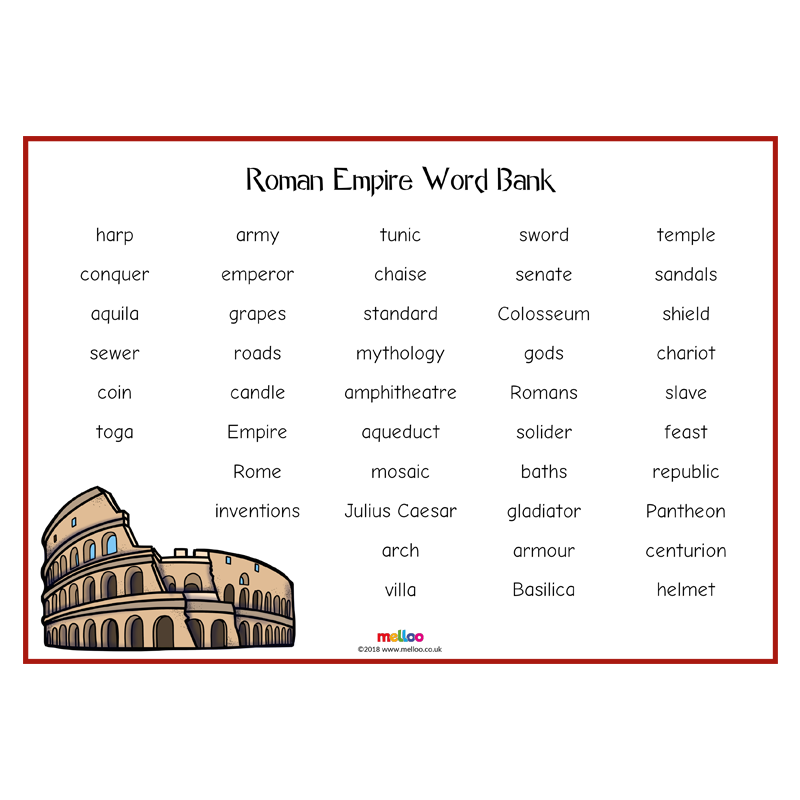
If you make a list of common prefixes ( un-, dis-, re-, de- etc.) and suffixes ( -able, -ly, -ent, -tion, -ive etc.) etc.) and remember what they mean, it will be easier for you to guess the meaning of new words for you in English.
Look for the interesting in the boring
It happens that some topic is very difficult to come by, because you personally are not interested in it. For example, you are studying the topic “Cars”, but you don’t drive a car yourself, and this area is completely alien to you. And it is not clear why to learn words that you are not going to use in life. To spark interest in a boring topic, connect it to something that is more interesting or useful to you personally. nine0003
For example, car images and metaphors are often found in the songs of foreign artists — you can easily find lyrics in English with the words steering wheel («steering wheel»), highway (road, highway) or lane (strip).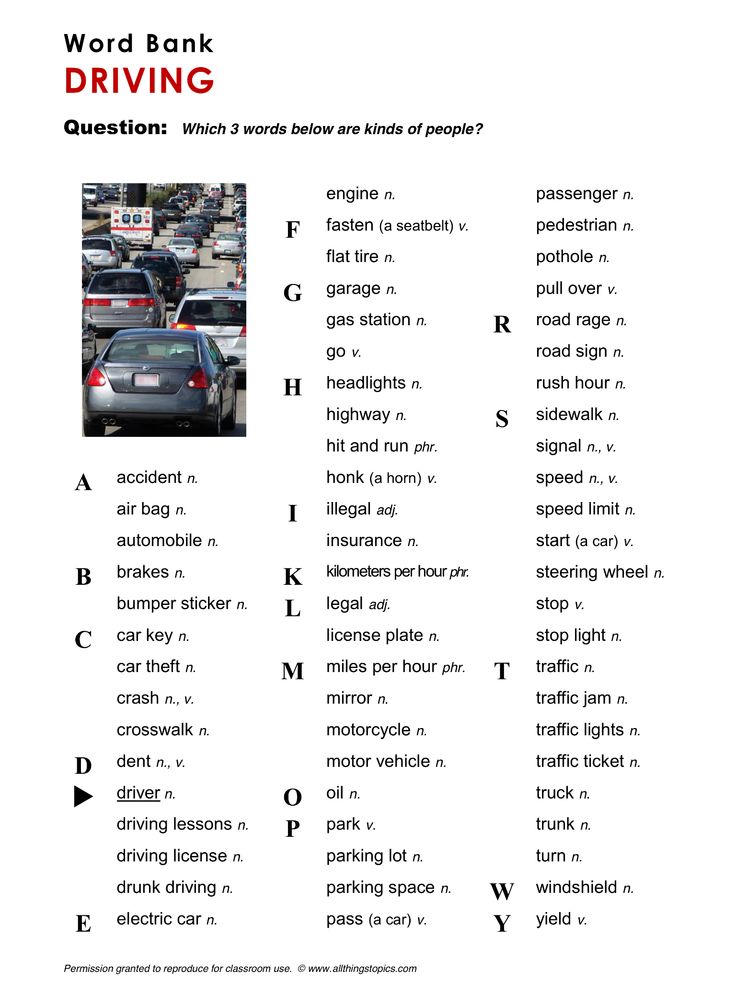
Or look for English idioms that use the words you want. Here are some automotive-themed ones:
- Stay in your lane. — Mind your own business (literally: stay in your lane). nine0022
- Down the road. — In the future (literally: further down the road).
- U-Turn. — A sharp change of mind (literally: a reversal).
- To put the brakes on. — Slow down (literally: slow down).
These idioms will come in handy in conversational speech, even if you never intend to drive. And now boring words will have more figurative associations that will help them learn.
Refresh knowledge periodically
Probably, this happened to you at school: you learned a dozen new English words, did your homework, wrote a dictation… And after a month everyone forgot.
- Use a new word as soon as you learn it;
- Use the word again after 20-30 minutes; nine0010
- Repeat word every other day;
- Return to a new word after 2–3 weeks;
- Repeat the word in 2–3 months;
- Fix the word after 2–3 years.
It is on this method of memorization that the application for learning new English words Aword is based. In order not to think about how many weeks and months have passed since meeting a new word, install the application and it will monitor the repetition schedule for you. By the way, Aword also uses other techniques for memorizing words listed in this article: images with associations and mnemonic phrases.
Make sure that the word will be useful to you
Knowledge that we do not use is sooner or later forgotten, as happened with poems and theorems that we learned at school. Therefore, do not waste time memorizing rare, little-used words. This is especially important for those who are just starting to learn English. Before you draw flashcards and add a word to the spaced repetition list, make sure you need to know it at all. nine0003
There is a list of 3,000 words, which is enough to understand most of the texts written in English. Of course, during your studies you will still learn much more, but at first you should check the list so that you don’t spend time memorizing rare English words and forget about the most important ones. For convenience, such words are marked with a special icon in the Aword application.
You can read more about the «golden list» of English words and how to apply it in your studies in our magazine.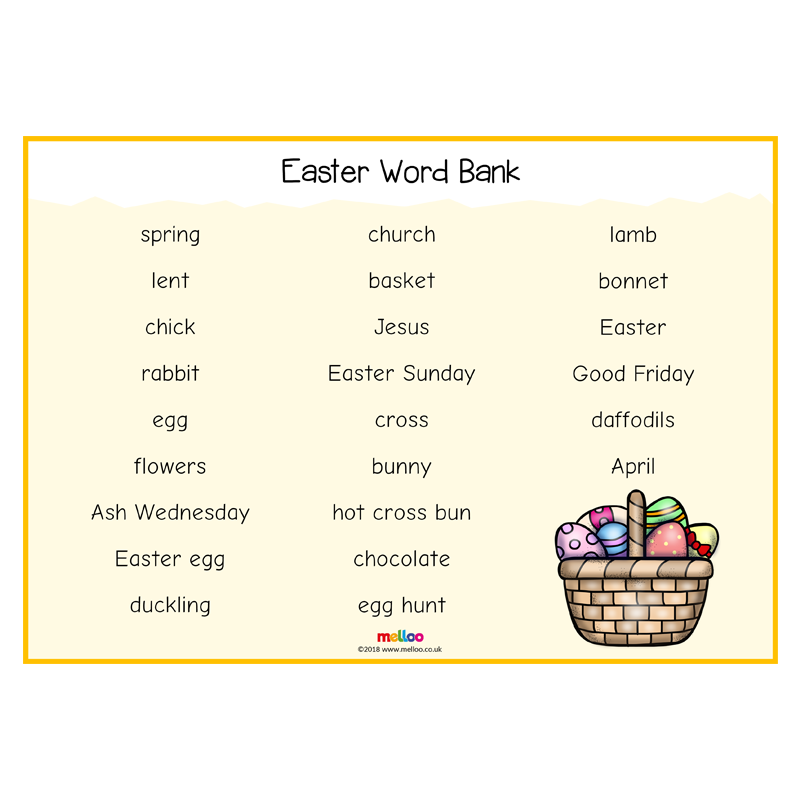
Let’s sum up
We have analyzed 11 ways to effectively memorize new English words — it remains only to put them into practice and choose the ones that suit you.
- Learn not individual words, but phrases and sentences with them.
- Draw association pictures for new words.
- Choose synonyms and antonyms for the word you want to remember.
- Instead of one English word, learn several cognates at once. nine0010
- Write short stories with new words.
- Make associative cards with English vocabulary.
- Use mnemonic technique: consonant Russian or English words.
- Parse words by composition and memorize the meanings of popular English prefixes and suffixes.
- Link new words to things that interest you personally, such as useful idioms or English song lyrics.


 (bath)
(bath)  (capital)
(capital) 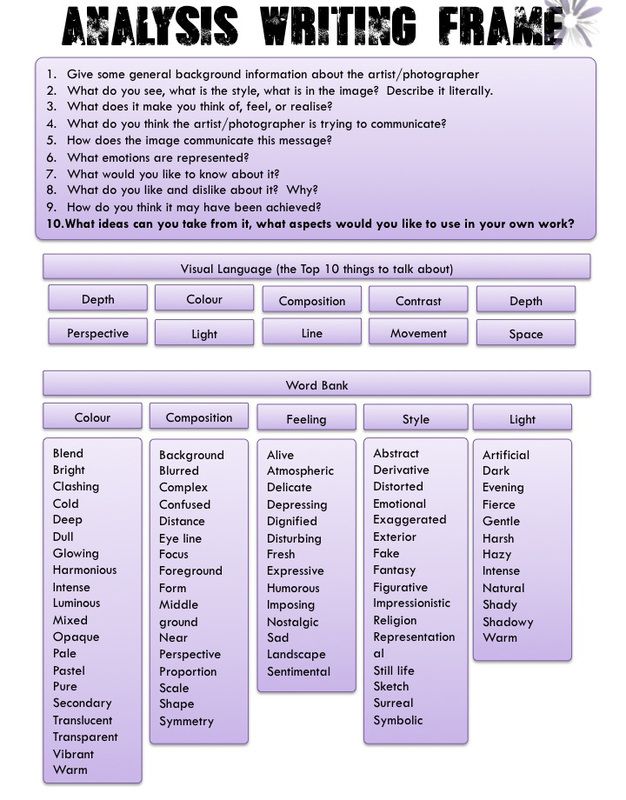
 He was dressed in a gray coat and a hat. The boy was carrying a loaf of bread. He was going to feed the ducks. But as he approached the pond , he saw no ducks there. «It’s chilly today», the boy thought, «the ducks must be at home, warming their feet at the fireplace «.
He was dressed in a gray coat and a hat. The boy was carrying a loaf of bread. He was going to feed the ducks. But as he approached the pond , he saw no ducks there. «It’s chilly today», the boy thought, «the ducks must be at home, warming their feet at the fireplace «.  ” nine0003
” nine0003
